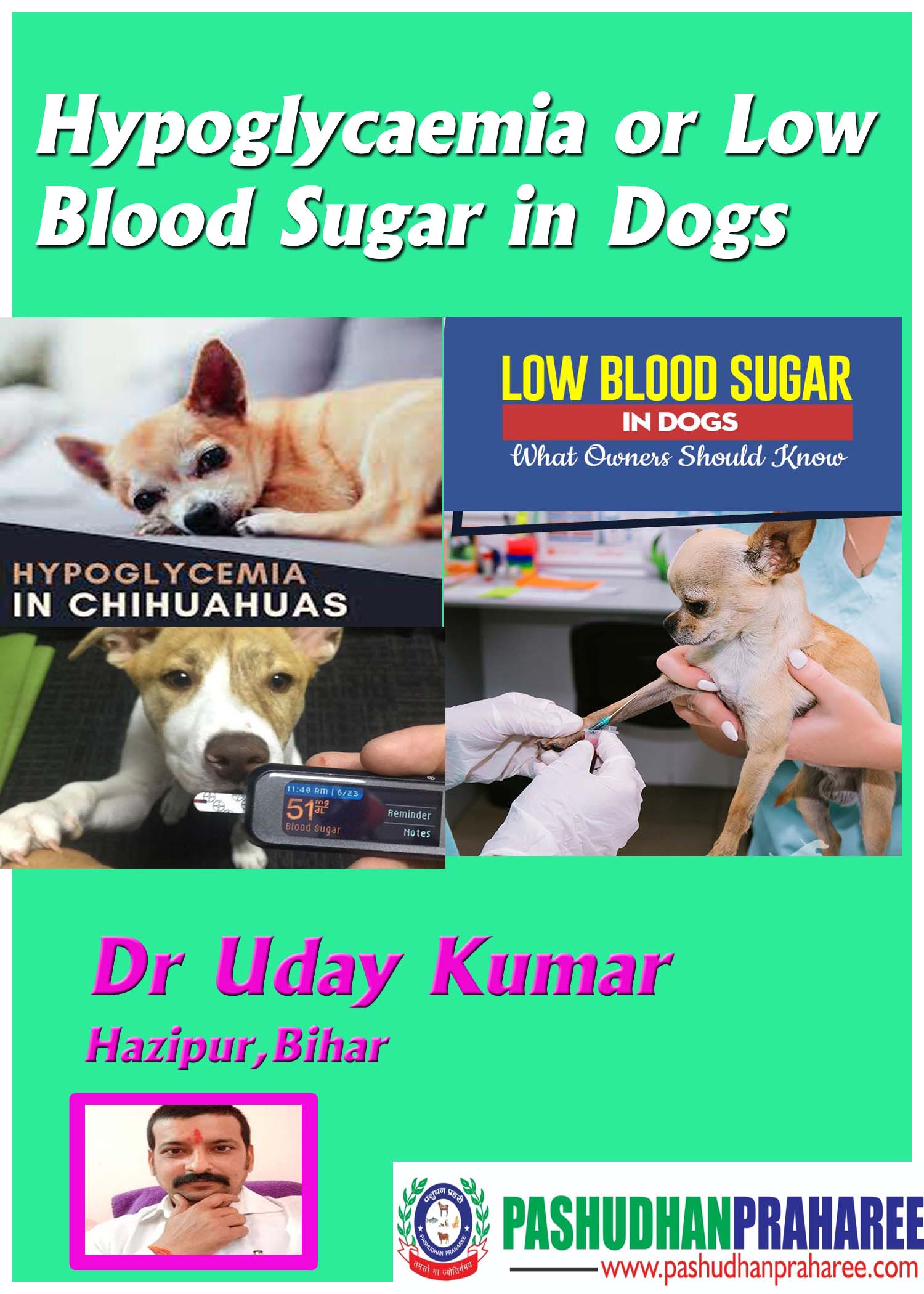hypoglycaemia can occur, and if it is not treated quickly, the brain can suffer irreparable damage, leading to death.Hypoglycemia in dogs can be caused by a number of underlying conditions or from exposure to certain substances. It results due to glucose being removed from the bloodstream, an inadequate amount of glucose from diet, or low production of glucose from glycogen stores by the liver.
Additionally, any condition that affects glucose levels could result in hypoglycemia.
Here are several known causes of hypoglycemia in dogs:
- Excessive exercise
- Poor diet, malnutrition, or starvation
- Delayed meal time for puppies
- Overdose of insulin
- Eating artificial sweeteners
- Consuming antifreeze
- Body using too much glucose during pregnancy
- Portosystemic shunts
- Addison’s disease
- Sepsis
- Inflammation of the liver
- Pancreatic tumor
- Certain cancers, especially liver cancer, leukemia, and malignant melanoma
Treatments For Hypoglycemia In Dogs
Treatment for hypoglycemia in dogs aims to restore appropriate glucose levels in the blood stream. For dogs who have a hypoglycemic crisis resulting in seizures, a veterinarian might recommend that corn syrup, sugar, fruit juices, or honey be rubbed on the gums, followed up with a small meal once the seizures have stopped.
A veterinarian might continue to feed a dog small meals as they recover. If a hypoglycemic dog is not capable of eating, then the vet may administer intravenous fluid of concentrated dextrose.
Further treatment depends on the cause of the hypoglycemia. If it’s related to exercise or diet, then your veterinarian will prescribe lifestyle changes. They may also advise more frequent meals with high amounts of fat, protein, and complex carbohydrates.
If there is an underlying cause, it must be treated accordingly. Some conditions, such as pancreatic tumors, may require surgery. Others such as Addison’s disease can be managed with medication.
In cases where the hypoglycemia can’t be treated or managed any other way, a veterinarian may prescribe anticonvulsants or steroids.
Having an appropriate diet, especially throughout puppyhood, can help prevent hypoglycemia. Therefore, you should make sure your dog is getting the right nutrition, and discuss diet with your veterinarian.



